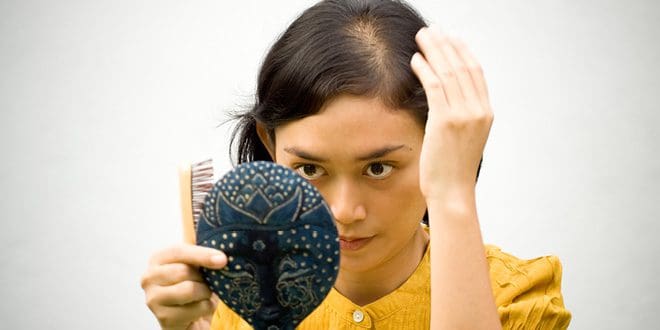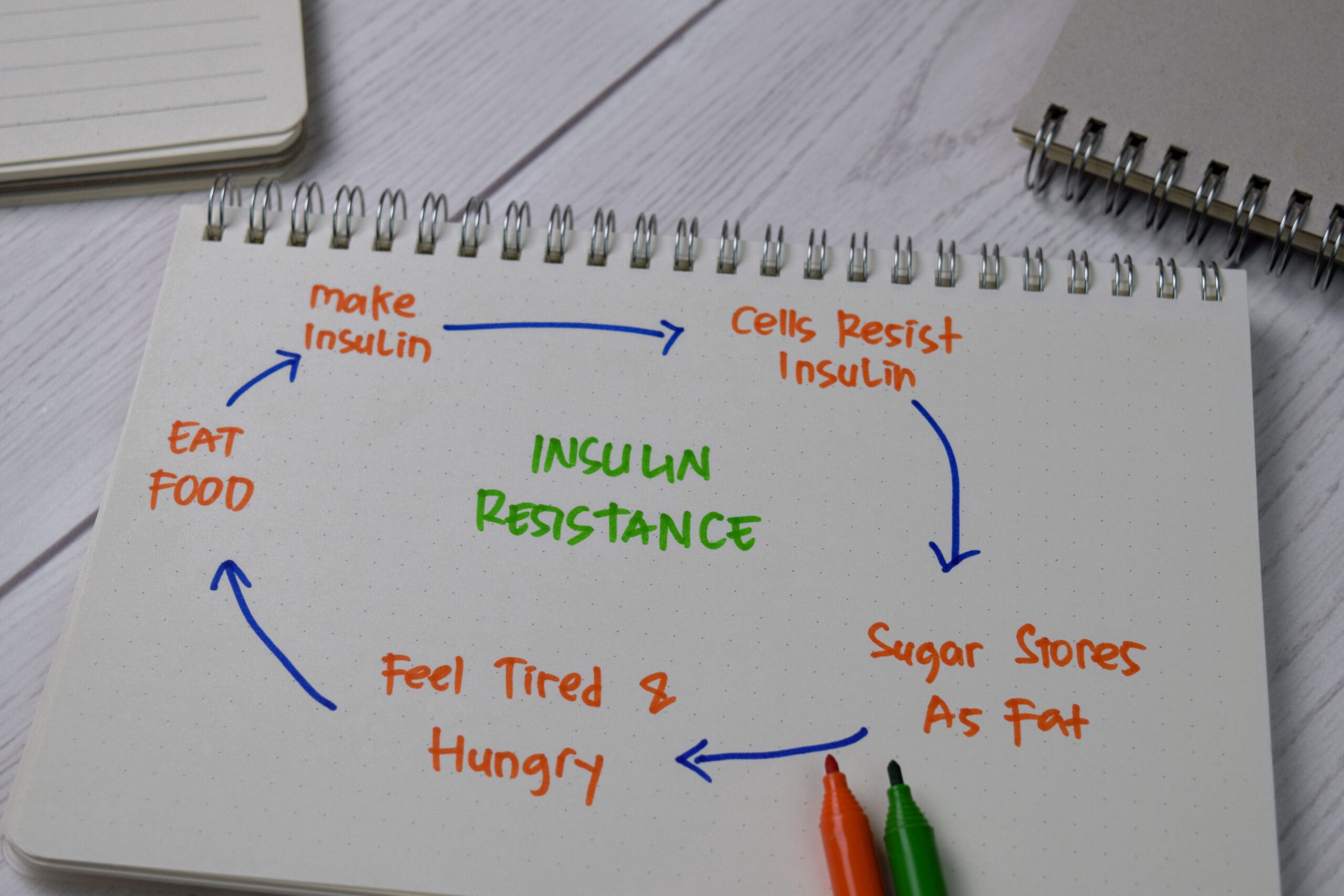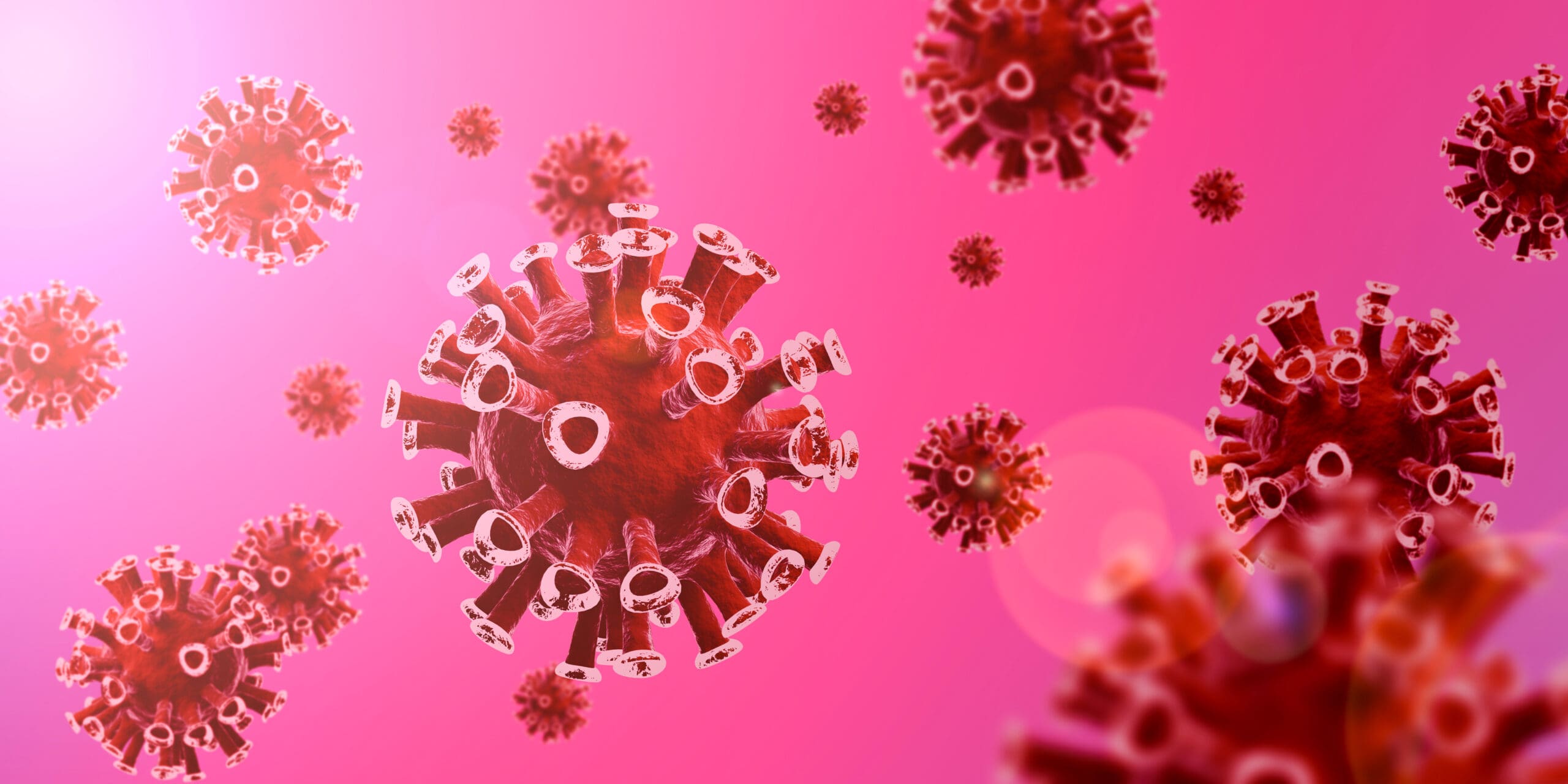We see a lot of patients in our Holistic Health practice who complain of hair loss and it can be very difficult to treat successfully unless we understand what the causes of hair loss are.
Hair loss in women is commonly caused by hormonal imbalances and the most common ones are –
- Lack of progesterone production by the ovaries – this is common in women with polycystic ovarian syndrome, and after childbirth.
- Menopause when the production of oestrogen and progesterone decline rapidly.
- Excess male hormones, which can be due to genetic factors, obesity or polycystic ovarian syndrome
- The oral contraceptive pill and contraceptive hormone implants and injections
- Thyroid gland problems – both overactive and underactive
Not many doctors know that hair loss in women can be helped by prescribing natural progesterone. This is best given in the form of a cream and doses range from 30 to 200mg daily, so some trial and error is required. Natural progesterone is very safe and its beneficial effect on hair growth will show after 4 to 6 months of use.
Excess male hormones cause male-pattern hair loss or balding in women – the hair thins in the frontal-temporal areas and top of the scalp. In such cases, blood tests may reveal very high levels of male hormones (androgens) for which it will be necessary to use a hormone to suppress and block the effect of these male hormones. An excellent prescription hormone to block the excess male hormones is called Cyproterone acetate – this is an anti-male hormone and also exerts progestogen like effects.
Thyroid problems will need to be treated with thyroid hormone (either thyroxine, known as T4, or thyroxine and triiodothyronine, also known as T3). Supplements of iodine, selenium and zinc will help to support optimal thyroid function and thus the associated hair loss. If you have hair loss, have a urine test to check your body’s level of iodine – if it is too low, this is a contributing factor to your sluggish thyroid and this your hair loss.
Immune factors are also important in the genesis of hair loss and can cause diffuse hair loss or patches of baldness. This is an auto-immune phenomenon whereby the immune system attacks the hair follicles. The hair follicles become inflamed and damaged and may be eventually destroyed. When patches of complete hair loss occur this is called alopecia – it can vary in severity from one patch to total baldness and the hair loss can affect the whole body. In autoimmune hair loss it is important to test for gluten intolerance with a genetic blood test called HLA DQ. Gluten intolerance can worsen autoimmune hair loss. It is vital to use natural anti-inflammatory nutrients to protect the hair follicles and these include –
- NAC (N–acetyl cysteine) which increase the production of protective glutathione in the body
- Essential fatty acids from oily fish, fish oil, avocadoes, hemp seeds, chia seeds and ground flaxseeds – these are not only anti-inflammatory but also make the hair more lustrous and shiny and help to heal a dry itchy scalp
- A supplement containing MSM (Methyl-Sulphonyl–Methane) and vitamin C and silica, as these nutrients provide the raw materials for collagen and keratin production. Collagen and keratin are a vital part of the hair structure and enable hair to be strong and healthy. These are a type of collagen food if you like!
If you have hair loss, ask your doctor to test your blood level of vitamin D, as this vitamin (in reality vitamin D is a hormone) has a beneficial influence on the immune system and reduces autoimmune inflammation. You want your blood vitamin D level to be at the upper limit of the normal range to reduce the autoimmune type of hair loss.









Leave A Comment